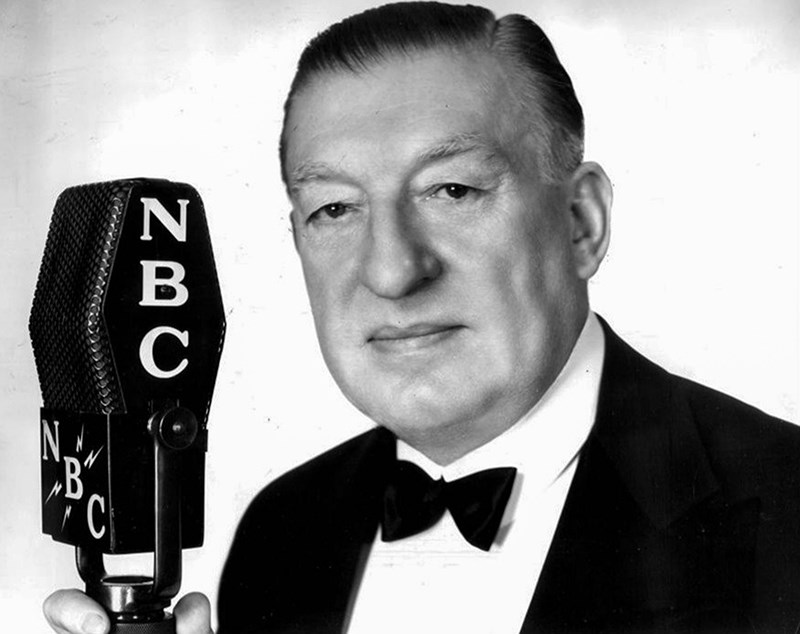Phil Egan
The Sarnia Canadian Observer declared it a matter of “civic pride” for Sarnians to tune in and listen.
On Sept. 1, 1938, at 8 p.m. sharp, the Major Edward Bowes ‘Original Amateur Hour’ radio broadcast on CBS featured a “Salute” to Sarnia, Point Edward, Port Huron and the newly constructed Blue Water Bridge.
To mark the event Sarnia, Mayor Fred Pelling declared it “Major Bowes Day in Sarnia.”
The radio broadcast had been on the air in New York since 1934 and had made stars of guests such as Beverly Sills, Lily Pons and Frank Sinatra.
Ontario Premier Mitch Hepburn sent greetings to its popular host. Featured on the same 90-minute show was Sarnia tenor Trevor Cordey, who drew praise for singing “Only a Rose.” Cordey’s appearance on the New York show was sponsored by the Sarnia Lions Club.
As an exciting addition, citizens of Sarnia were urged to telephone 2411 and vote for their favourite entertainer of the evening, American Idol-style. Individuals were allowed one vote per call, families got three votes and service clubs and civic organizations got 25 votes per call.
Cordey received a total of 22,150 votes for his singing performance.
The Port Huron Lions Club hosted a Major Bowes Dinner on that Tuesday night, with invitations extended to Blue Water Bridge officials and civic dignitaries on both sides of the border. The after-dinner program was interrupted so guests could listen to radio broadcast.
Two weeks later, the Sarnia Lions Club featured its own “Amateur Night at the SCITS Auditorium. Twenty acts were headlined by Trevor Cordey, one of “three Major Bowes’ amateurs.” The performance also starred cornet player Ronald Rowland and impersonator Donald Rankin.
Sharing the stage with the three stars were the Hawk Sisters tap dancers, American Legion Quartet and “yodelers, harmonics and accordion players.”
The Major Bowes Show consistently ranked among radio’s top ten programs its entire run. Bowes was known for his catchphrase, “Around and around she goes and where she stops, nobody knows.” It referenced a “wheel of fortune” that determined the order of guest performances.
Bowes’ habit of stopping bad acts by banging a gong would later provide the inspiration for TV’s The Gong Show.
Bowes lies today in New York’s Sleepy Hollow Cemetery, the final resting place of such celebrities as Washington Irving, the Astor’s, Andrew Carnegie, Elizabeth Arden and Walter Chrysler.
